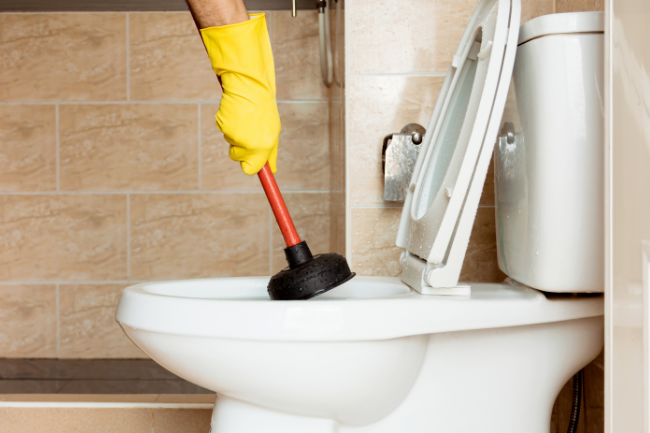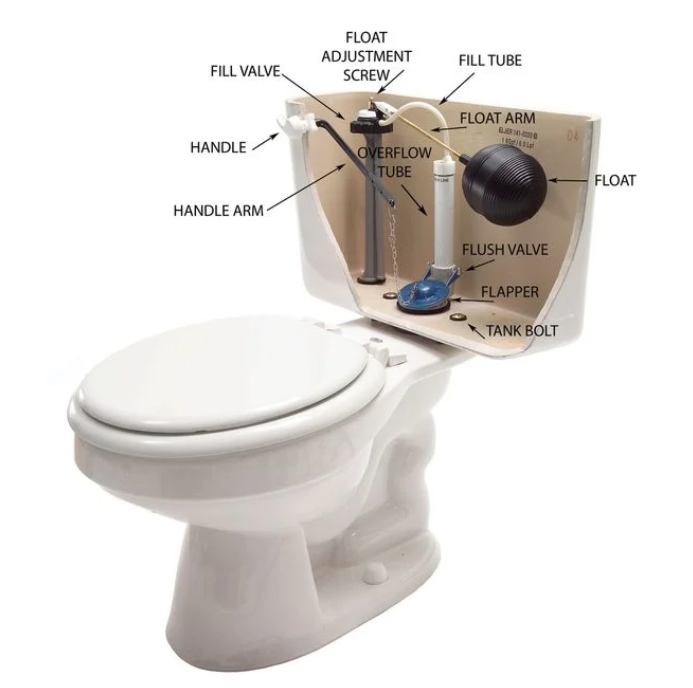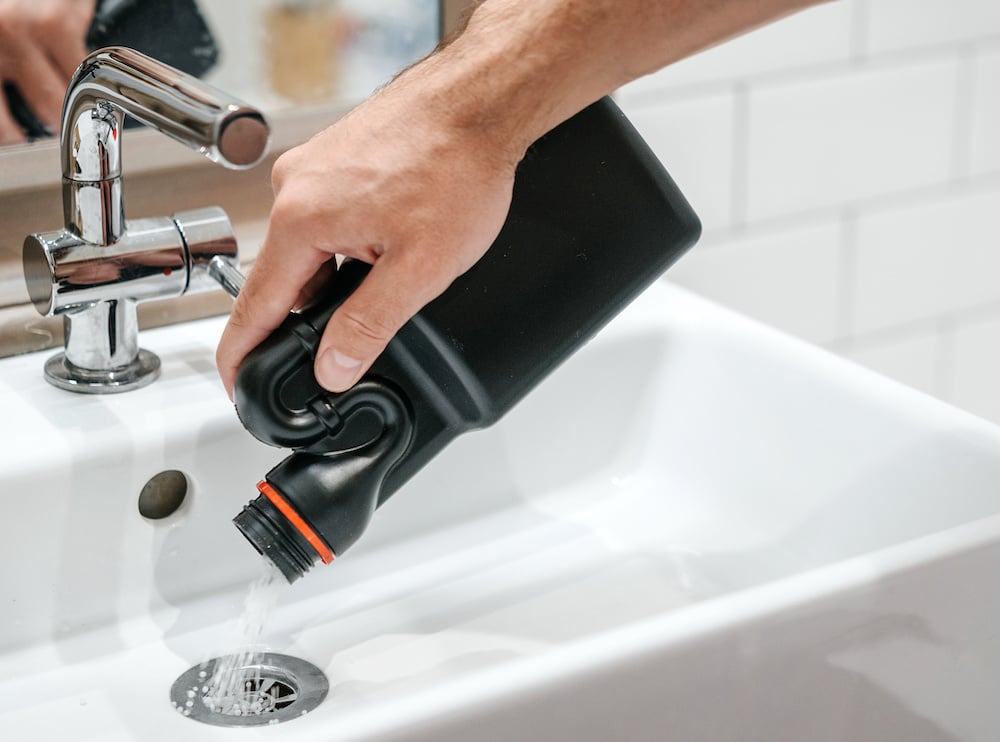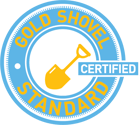DIY Drain Cleaning Tips from the Pros
Posted by William Heinselman on
 Taking on drain cleaning tasks on your own can be entirely hit-or-miss, depending on whether or not you have the right tools and know-how beforehand. While it’s possible, or even likely in some cases, that your plumbing issues are an easy-fix, you should never go about DIY pipe cleaning and repairs blind.
Taking on drain cleaning tasks on your own can be entirely hit-or-miss, depending on whether or not you have the right tools and know-how beforehand. While it’s possible, or even likely in some cases, that your plumbing issues are an easy-fix, you should never go about DIY pipe cleaning and repairs blind.
If you’re not fully sure what you’re doing, or how the tools you’re using will affect your plumbing and drain pipes, don’t continue. Poor DIY plumbing can actually cause much more harm than good. When you’re truly in over your head with home plumbing problems, do not hesitate to call a professional.
However, if you’re feeling up to it and have the situation under control, here are 5 DIY drain cleaning tips to help better prepare you for dealing with plumbing problems in your home.
1.) The Right Tools for the Job
When it comes to any DIY repair, having the right tools on hand is a must; this is still true with DIY plumbing repair and drain cleaning. Beyond the obvious plumbing tools (a plunger, wrenches, etc.), there are a few specialized tools you can pick up at your local home improvement store that are absolutely essential to any kind of home plumbing repair.
These tools include:
- Pipe wrenches
- Basin wrenches
- Tongue-and-groove pliers
- Hacksaws
- Metal files
- Tubing cutters
2.) Properly Diagnosing Your Plumbing Problem
With the right DIY plumbing repair tools at your disposal, you’ll be able to much more accurately diagnose your plumbing problems, such as the causes of clogged drains. With these tools (and the know-how to use them correctly), you’ll be able to reliably tell where a clog in your drains is located, or provide rough estimates for how extensive your plumbing issues are.
The best way to ensure your drains run efficiently continuously, and do not clog to begin with, is with these same tools; routine self-inspections are a key part of ideal home plumbing.
3.) Home Remedies Can Be the Effective Solutions
As it turns out, traditional home remedies to pipe clogging and drain repair do carry some real merit when it comes to resolving these minor problems. For starters, the plunger you have in your home right now could be the most effective tool at your disposal for eliminating clogging; it all depends on how well you use it.
For the best results, fill your clogged sink, tub or other fixture halfway with water, and form a tight seal around the drain entrance with your plunger (petroleum jelly can come in handy here, helping form a tighter seal around the drain in question). Once sealed, simply compress and decompress the plunger fluidly for around half a minute. The buildup of pressure will, in many cases, be enough to dislodge any clogged material in your drain pipe.
Another home drain cleaning technique involves the use of a baking soda and vinegar mixture. When combined, these elements react to one another and create a powerful dissolving agent, capable of clearing out more stubborn drain clogs. This solution is much safer than commercial chemical cleaner products, and delivers comparable, if not improved results.
4.) At-Home Drain Snaking
Even the professional drain snaking tools (or augers) that professional plumbing specialists use in the field are available for DIY cleaning tasks, and are very often found at home improvement stores across the country.
These tools, once only owned and used by the professionals, are actually very easy to operate, and can remove most clogging debris instantly. Professional-grade drain augers rid drains of clogs in one of two ways: by either latching onto the clogged materials, allowing the user to pull them out of the pipe directly, or by breaking away at the debris, sending it through your sewer system and out of your home plumbing.
5.) Clog Prevention is Simple
One of the best DIY drain cleaning tips we can provide is to avoid drain problems altogether with routine inspection and proper drain treatment. For the best results, we highly recommend self-inspecting your home drain pipes at least once per month, and having a professional inspection annually. With a consistent plumbing inspection schedule in place, you stand a much better chance of detecting, and resolving, drain performance issues early on.
Further, a wide range of drain pipe performance issues are the bare result of poor care and negligent plumbing behaviors; there are some things that just shouldn’t go down your sink or garbage disposal! By treating your home plumbing right, you can avoid many of the frustrating clogs and buildups that often result from poor care.
Namely, do not run the following through your drains or disposal system, as they are leading causes of common drain clogs:
- Overly fibrous or starchy food products, such as celery, corn husks, potato and banana peels
- Pasta or rice, which expand with water
- Animal cartilage or bone
- Paper or plastic products
- Chemicals, grease or animal fat
For more information on the best ways to clear your home plumbing system of clogs, or on handling excessive pipe performance issues, contact us today.
Topics: Commercial Plumbing, Home Plumbing, DIY, Drain Cleaning and Repair







